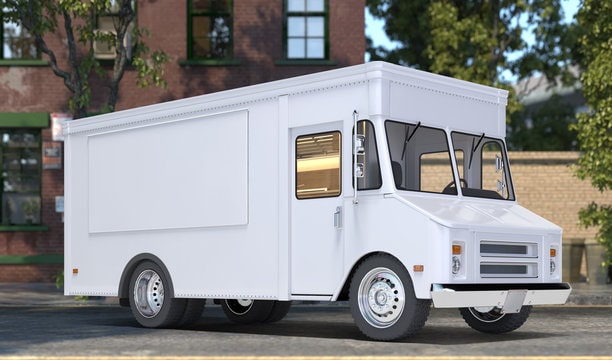Introduction
In the dynamic world of food truck entrepreneurship, success often hinges on navigating the complex legal landscape. As seasoned SEO and copywriters, we understand the importance of delivering concise, informative content. In this comprehensive guide, we delve into the top legal issues that food truck owners face, aiming to provide you with the knowledge you need to succeed in this thriving industry.
Understanding Food Truck Regulations
1. Permits and Licenses
Food truck owners must first secure the necessary permits and licenses to operate legally. These documents vary by location and typically include health permits, business licenses, and food handling certifications. Ensuring you have all the correct paperwork is crucial to avoid legal troubles down the road.
2. Zoning Laws
Navigating zoning laws is another critical aspect of food truck ownership. Understanding where you can legally park and serve your customers is vital. Often, cities have designated zones for food trucks, and violating zoning laws can result in fines or even the shutdown of your business.
Health and Safety Compliance
3. Food Safety Regulations
Maintaining high food safety standards is paramount. Food trucks are subject to health inspections, and non-compliance can lead to severe consequences. Ensure that you and your staff are well-versed in food safety protocols, including proper handling, storage, and disposal of ingredients.
4. Allergen Management
With the growing awareness of food allergies, it’s crucial to manage allergens effectively. Ensure clear labeling of potential allergens in your menu items and be prepared to accommodate customers with dietary restrictions. Failure to do so can result in legal liability.
Employment and Labor Laws
5. Employee Rights
Hiring and managing employees comes with legal responsibilities. Familiarize yourself with labor laws, including minimum wage requirements, working hours, and worker’s compensation. Ensuring your employees’ rights are protected is essential to avoid legal disputes.
Try our Advanced search engine
Contracts and Agreements
6. Vendor Agreements
As a food truck owner, you’ll likely engage with suppliers and event organizers. It’s essential to have well-drafted vendor agreements that outline terms and responsibilities clearly. These agreements can protect your business in case of disputes.
7. Catering Contracts
If you offer catering services, robust contracts are vital. These should cover everything from pricing to cancellations, ensuring that both you and your clients are protected in various scenarios.
Insurance Coverage
8. Liability Insurance
Food truck owners should invest in liability insurance to safeguard against unexpected events. Accidents can happen, and liability insurance can help cover legal expenses and damages in case of injury or property damage.
Conclusion
In the competitive world of food trucks, legal issues can pose significant challenges. This comprehensive guide has highlighted the key legal aspects every food truck owner should be aware of, from permits and licenses to health and safety compliance, employment laws, contracts, and insurance coverage. By staying informed and proactive in addressing these legal matters, you can set a strong foundation for your food truck business and thrive in this exciting industry.
